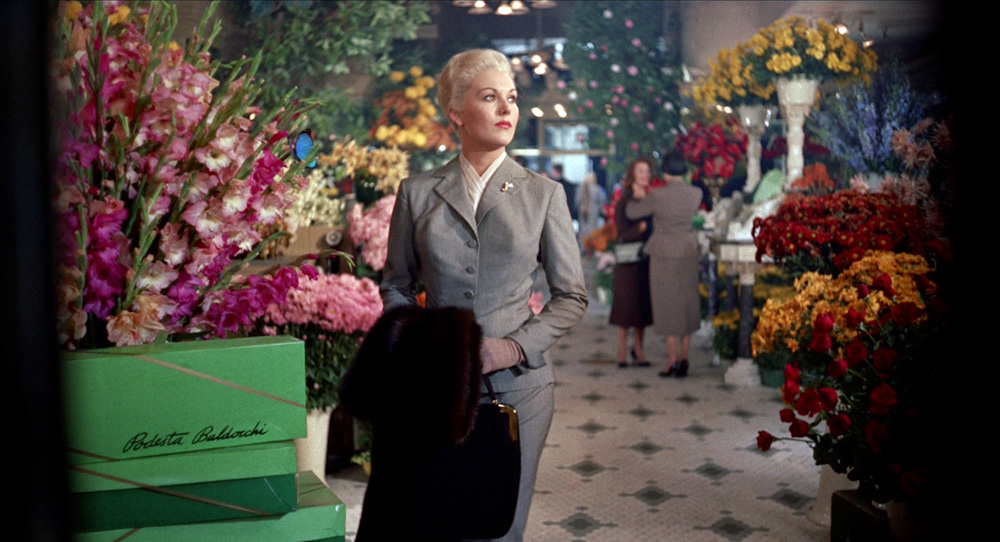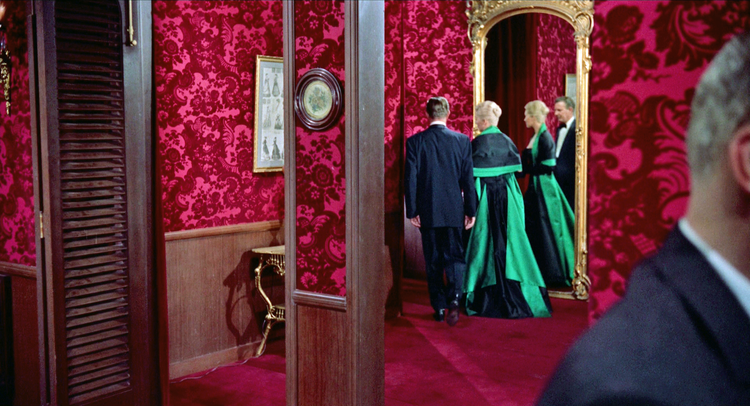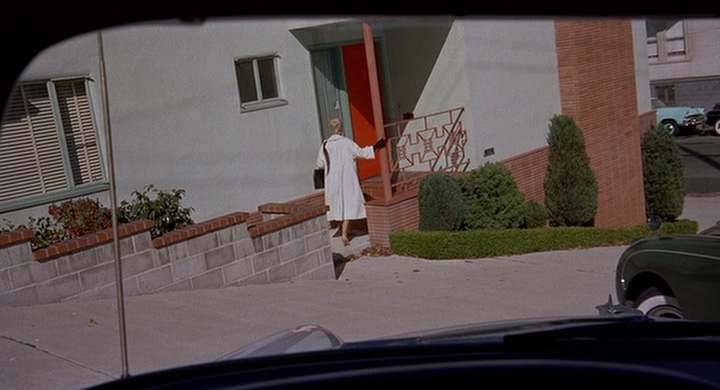80
The desire of which Mulvey speaks certainly seems to be what we call the desire for immediacy, which then becomes a male desire to possess, or perhaps to destroy, the female. The case is clearest in detective films, such as Hitchcock's Vertigo (1958), in which the detective follows, observes, and not coincidentally falls in love with the women he is asked to investigate. Through Hitchcock's transparent style, we share the detective's gaze and perhaps his desire for both cognitive and sexual immediacy, which is the real subject of the film. Mulvey suggests that film is the definitive medium for representing this desire, because only film can offer a mobile and shifting point of view. She exaggerates somewhat. Striptease (and perhaps the theater in general) would also seem to build the way woman is to be looked at into the spectacle itself. What else is striptease, in fact, but a highly stylized structure for gazing at women?Nevertheless, film's claim to immediacy is that it defines and controls the structure of the gaze with greater precision. Mulvey is in fact arguing that film remediates striptease and the theater (we would add photography and painting) through its ability to change point of view, and, because of this remediation, it offers a new path to satisfying a familiar desire.
The desire of which Mulvey speaks certainly seems to be what we call the desire for immediacy, which then becomes a male desire to possess, or perhaps to destroy, the female. The case is clearest in detective films, such as Hitchcock's Vertigo (1958), in which the detective follows, observes, and not coincidentally falls in love with the women he is asked to investigate. Through Hitchcock's transparent style, we share the detective's gaze and perhaps his desire for both cognitive and sexual immediacy, which is the real subject of the film. Mulvey suggests that film is the definitive medium for representing this desire, because only film can offer a mobile and shifting point of view. She exaggerates somewhat. Striptease (and perhaps the theater in general) would also seem to build the way woman is to be looked at into the spectacle itself. What else is striptease, in fact, but a highly stylized structure for gazing at women?Nevertheless, film's claim to immediacy is that it defines and controls the structure of the gaze with greater precision. Mulvey is in fact arguing that film remediates striptease and the theater (we would add photography and painting) through its ability to change point of view, and, because of this remediation, it offers a new path to satisfying a familiar desire.
 Log-in
Log-in Source type: picture
Source type: picture Source type: picture
Source type: picture Source type: picture
Source type: picture Source type: picture
Source type: picture